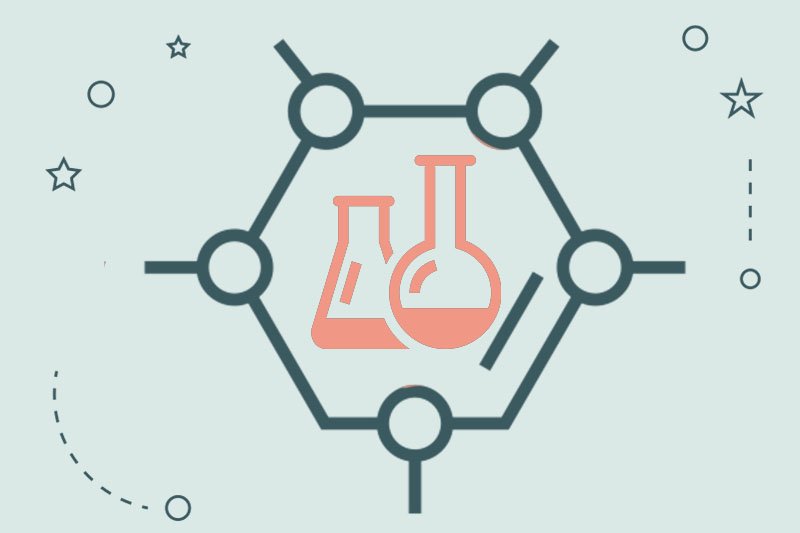Researchers, including nutritionists and sleep specialists, have performed a variety of research in an attempt to find the best meals for sleep. While this study gives useful information, it is not definitive. In general, there is a paucity of empirical evidence that certain meals are beneficial to sleep.
Furthermore, because most foods have a wide variety of cultivars, their nutritional profile might be uneven. Red Grapes, for example, have significant amounts of melatonin while others have almost no. Climate and growth circumstances can also affect the nutrients in a food product.
Dietary choices influence more than just energy and drowsiness; they can also have a significant impact on weight, cardiovascular health, and blood sugar levels, to mention a few.
As a result, before making substantial modifications to your regular diet, it is recommended to speak with a doctor or a dietician.
This helps to ensure that your dietary choices support not only your sleep but also all of your other health objectives.

Take a look at some of the Edibles you can go for to attain a good sleep,
- Kiwi Fruit: The kiwi, also known as the kiwifruit, is a tiny, oval-shaped fruit that is commonly associated with New Zealand although it is cultivated in many other nations. There are both green and gold types, although green kiwis are more common.
Kiwifruit is high in vitamins and minerals, particularly vitamins C and E, as well as potassium and folate.
According to several studies, eating kiwi can help you sleep better. People who ate two kiwis one hour before night fell asleep faster, slept longer, and had improved sleep quality.
It is unknown why kiwis may aid in sleep, however experts believe it may be due to their antioxidant qualities, capacity to correct folate deficits, and/or high serotonin content.
- Tart Cherry juice and the Fruit Itself: Tart cherries, as the name implies, have a different flavor from sweet cherries. Sour cherries are another name for sour cherries. They can be purchased whole or as tart cherry juice.
Several studies have indicated that those who consume sour cherry juice sleep better. People who consumed two one-cup doses of tart cherry juice per day had greater total sleep duration and higher sleep efficiency.
These advantages may stem from tart cherries having higher-than-average levels of melatonin, a hormone that helps regulate circadian rhythm and promotes healthy sleep. Tart cherries may potentially have a sleep-promoting antioxidant impact.
- Regular/Malted Milk: Malted milk is created by mixing milk with a specifically designed powder that comprises mainly wheat flour, malted wheat, and malted barley, as well as sugar and vitamins. Big names like Maltova, Horlicks, Boost, Bournvita are some malt powders generally consumed by mixing them with milk.
Small studies in the past indicated that drinking malted milk before bedtime decreased sleep interruptions. The reason for these advantages is unknown, although they may be related to the B and D vitamins found in the malted milk.
Melatonin is naturally present in milk, and certain milk products are melatonin-enhanced. Cows’ milk contains higher melatonin when milked at night, and this milk may be useful in supplying a natural source of sleep-producing hormone.
- Fish: According to a study, fatty fish may be an excellent add-on in a meal for a night of improved sleep. Over several months, the researchers discovered that those who ate salmon three times per week had better overall sleep as well as better daytime performance.
Researchers believe that fatty fish may aid sleep by delivering a healthy amount of vitamin D and omega-3 fatty acids, both of which are important in the body’s serotonin control.
This study concentrated on fish-eating during the winter months when vitamin D levels are typically lower.
- Nuts: Nuts like almonds, walnuts, pistachios, and cashews are often considered to be good food for sleep. Though the exact amounts can vary, nuts contain melatonin as well as essential minerals like magnesium and zinc that are essential to a range of bodily processes.
In a clinical trial using supplements, it was found that a combination of melatonin, magnesium, and zinc helped older adults with insomnia get better sleep.
- Rice: Overall, studies on carbohydrate intake and sleep have had conflicting findings, however, some evidence links rice consumption to better sleep.
A study of individuals in Japan discovered that those who ate rice daily slept better than those who ate more bread or noodles. This study merely found a correlation and cannot prove causality, but it backs up previous studies that found consuming foods with a high glycemic index approximately four hours before bedtime helped people fall asleep.
At the same time, sugary drinks and sweets have been linked to poor sleep, suggesting that not all carbs and high glycemic index meals are created equal. More study is needed to completely understand the effects of various carbs on sleep.
The effect of carbs on sleep may be altered by what is ingested with them. A combination of tryptophan, a sleep-promoting amino acid, and carbs, for example, may make it easier for the tryptophan to reach the brain. Turkey is an example of a protein that has a lot of tryptophan.
Get to Know the Bigger Picture
It’s normal to want to find a cuisine that makes you drowsy or thesingle best food for sleep, but it’s vital to keep your expectations in check.
Sleep is a complex process that is influenced by a variety of factors, including mental health, light exposure, and underlying medical disorders.
Diet is also complex. It is not caused by a single food; rather, it is the result of when what, and how much we consume throughout the day and over weeks, months, and years.
Individuals might react differently to different diets, making it difficult to generalize about the ideal diet for everyone.
Because of these considerations, it is difficult to conduct research studies that offer convincing answers concerning the best meal for sleep.
While it may be tempting to draw firm conclusions from particular research, the evidence does not support broad extrapolations.
Given the complexities of diet and sleep, it may be more relevant for many individuals to focus on the overall picture – good sleep and eating patterns —than particular meals and beverages.
Is there anything called a Healthy Diet?
Nutritionists advise eating well-balanced, regular diet rich in vegetables and fruits. Such a diet, when properly structured, delivers consistent supplies of vital vitamins and minerals, including those that promote sleep.
The Mediterranean Diet, as an example of this sort of diet, has been linked to improved heart health as well as better sleep.
Many dietary rules go hand in hand with general advice for preventing sleep interruptions caused by food and drink:
- Caffeine use should be limited, especially in the afternoon and evening, when its stimulant effects might keep you awake at night.
- Consume alcohol in moderation since it might disrupt your sleep patterns, even if it makes you drowsy at first.
- Try not to eat too late so that you aren’t still digesting when you go to bed and are less likely to get acid reflux. Late in the evening, be extra cautious with hot and fatty meals.
The Bottom Line
Your sleeping environment and daily habits referred to as sleep hygiene, play an important influence on your ability to sleep effectively.
While certain meals may aid in overall sleep, they are less likely to be helpful if you have poor sleep hygiene. For example, if your bedroom is noisy and light, or if you use electronic gadgets in bed, your body’s melatonin synthesis may be suppressed, negating the advantages of sleep-promoting foods.
Reviewing your current sleep hygiene practices can be a good place to start if you want to sleep better.
Because it involves thinking about your daytime and pre-bed routines, this review may provide an opportunity to incorporate sleep-promoting foods into an overall plan to get more consistent and replenishing rest.





